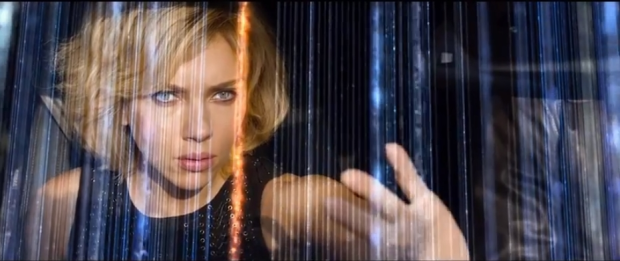The movie Lucy (2014), directed by Luc Besson, offers several philosophical and psychological lessons wrapped in a thrilling sci-fi narrative. While the film's premise - that humans use only 10% of their brain capacity - is scientifically inaccurate, it uses this idea metaphorically to explore themes about potential, knowledge, and the nature of existence. Here are some lessons and reflections from the movie:
1. The Power of Knowledge
Lucy’s journey demonstrates how knowledge can empower individuals to transcend limitations. As she gains access to increasingly larger portions of her brain, her understanding of the universe deepens. The movie emphasizes that with great knowledge comes great power—and responsibility.
Lesson: The pursuit of knowledge can unlock extraordinary capabilities, but it also requires ethical considerations about how that knowledge is used.
2. The Importance of Time
In the film, Lucy ultimately realizes that time is the only true measure of existence. Without time, nothing can exist, and all meaning in life stems from its passage.
Quote from the film: "Time is the only true unit of measure. It gives proof to the existence of matter."
This lesson reminds us to value time and make purposeful choices about how we spend it.
3. The Connection Between All Life
As Lucy’s intelligence grows, she perceives how all forms of life are interconnected. The film presents the idea that humanity and the universe are part of a larger, unified system. This is evident in Lucy's final actions, where she seeks to pass on her knowledge rather than hoard it.
Lesson: Understanding our interconnectedness can inspire cooperation and the sharing of knowledge to benefit everyone.
4. Human Potential is Unlimited
Though the brain-capacity myth is debunked, Lucy uses it symbolically to challenge viewers to consider the untapped potential within themselves. The film encourages striving for self-improvement and exploring the boundaries of human capability.
Lesson: Growth is possible when we push past perceived limits, whether mental, physical, or emotional.
5. The Danger of Power Without Humanity
As Lucy’s transformation progresses, she loses much of her emotional connection to others, becoming almost alien in her detachment. This serves as a warning about the risks of valuing intellect over humanity.
Lesson: Balance between knowledge and compassion is crucial; without emotional grounding, power can isolate and dehumanize.
Philosophical Reflections Inspired by Lucy
The film raises profound existential questions:
- What would we do if we could access limitless knowledge?
- How does our understanding of time and mortality shape our lives?
- Can humanity evolve to a higher state without losing its essence?
Takeaway
Lucy ultimately suggests that while the pursuit of knowledge and potential is vital, it’s equally important to retain a sense of purpose, connection, and responsibility. True evolution lies in the synthesis of intellect and humanity.
